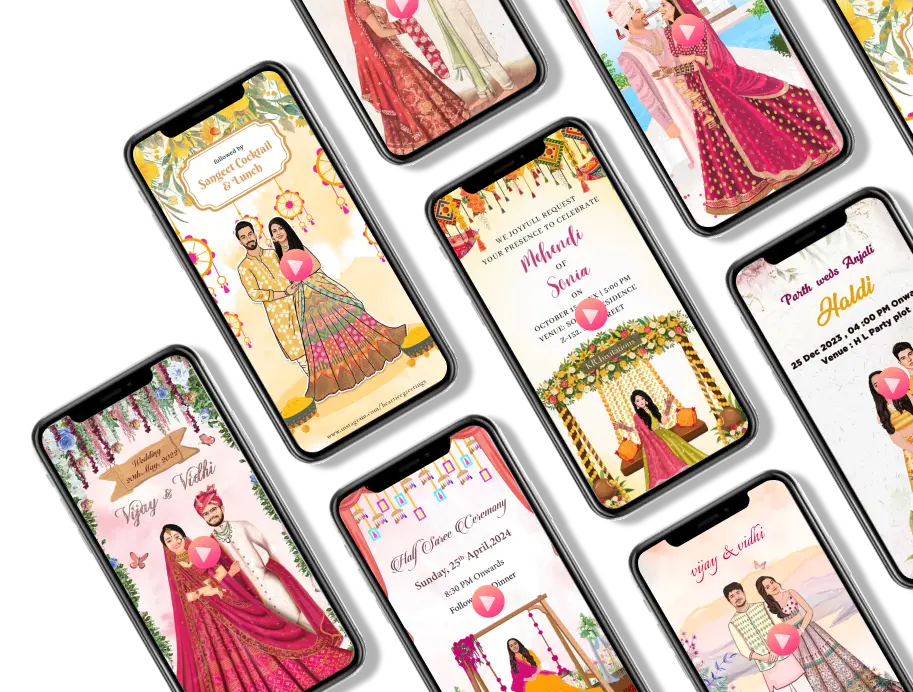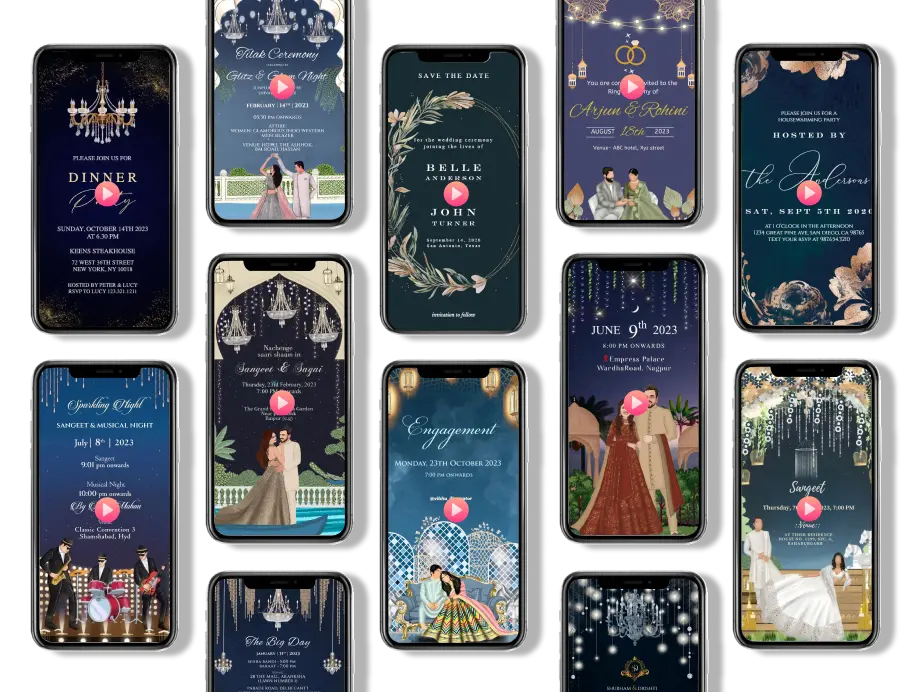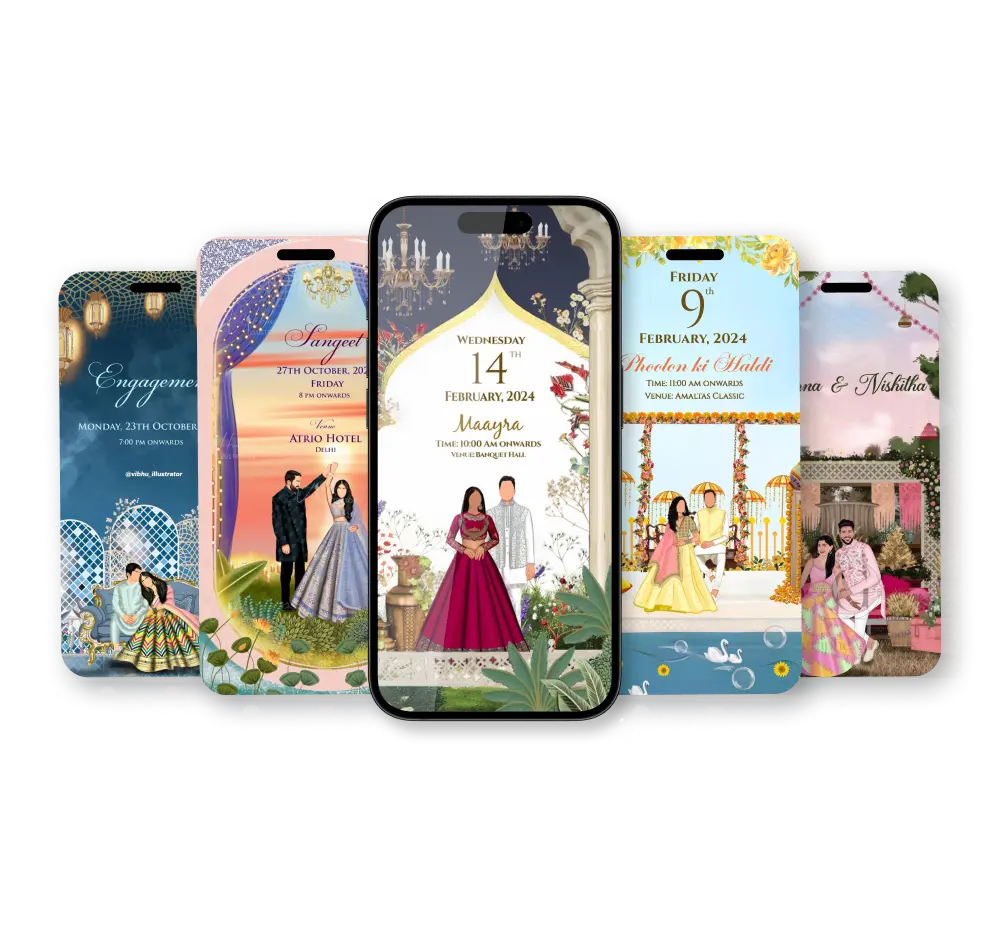The word "Raksha" means protection, and "Bandhan" means bond. Together, Raksha Bandhan symbolizes the bond of protection between siblings. This ancient festival is believed to have originated in various forms throughout history, with different myths and legends explaining its significance. One of the most popular stories is that of the goddess **Indrani**, who tied a protective thread around her husband's wrist to ensure his victory in battle.
In modern-day celebrations, Raksha Bandhan has become a way for siblings to celebrate their connection and express love and gratitude for each other. While the tradition originally focused on brothers promising to protect their sisters, today it is also an occasion for both brothers and sisters to share their affection and appreciation for one another.
Rituals of Raksha Bandhan
The rituals of Raksha Bandhan are simple yet meaningful, with each step symbolizing a deep expression of love and protection. On the morning of Raksha Bandhan, the sister prepares a small **Puja Thali** (plate) with a **Rakhi**, **sweets**, and other items needed for the ceremony. The Rakhi is typically a decorative thread or bracelet that is tied around the brother’s wrist.
Once the brother sits down, the sister applies a small tilak (a dot of color) on his forehead, followed by the tying of the Rakhi around his wrist. As she does this, she prays for his long life and well-being. In return, the brother offers a gift to his sister as a token of his affection and promises to protect her from all harm. The exchange of gifts and sweets adds to the joy of the occasion.
Modern Celebrations of Raksha Bandhan
Though Raksha Bandhan is traditionally celebrated in a familial setting, its importance has extended beyond the immediate family in recent times. In urban areas, many people celebrate the festival with friends and extended family. Some even send Rakhis to their siblings who live far away, ensuring that the celebration is not restricted by distance.
In addition to the traditional Rakhi, many modern variations of the festival have emerged. Some siblings exchange personalized gifts, while others celebrate with parties or gatherings that include music, dance, and food. The commercialization of Raksha Bandhan has led to a wide variety of Rakhis, ranging from traditional ones to novelty designs featuring cartoon characters, flowers, or even gemstones.
The Emotional Bond Behind Raksha Bandhan
At its core, Raksha Bandhan is a celebration of the emotional connection between siblings. The festival transcends the exchange of gifts and rituals, highlighting the importance of emotional support and unconditional love. It is a time to reflect on the protective and nurturing role that siblings play in each other’s lives.
In many families, Raksha Bandhan is an opportunity for siblings to reconnect, especially if they have grown apart due to geographical distance or other reasons. It provides a special moment for the brother and sister to express their affection, memories, and mutual appreciation for each other. The act of tying the Rakhi is a symbolic gesture of the lifelong promise of love and protection that siblings make to one another.
The Global Significance of Raksha Bandhan
While Raksha Bandhan is traditionally an Indian festival, its significance has spread across the world as a celebration of sibling bonds. Many people from Indian diaspora communities around the world celebrate Raksha Bandhan with the same love and enthusiasm as they would in India. The festival has also gained popularity in various non-Indian cultures, where it is celebrated as a way of recognizing the importance of family and sibling relationships.
In recent years, Raksha Bandhan has also gained recognition in countries outside of India as a celebration of brother-sister relationships. Its emotional significance transcends cultural boundaries, making it a beautiful expression of love and protection across the globe.
Conclusion
Raksha Bandhan is much more than a simple ritual—it is a celebration of the bond between siblings that represents love, trust, and mutual respect. Whether celebrated with traditional rituals or modern celebrations, Raksha Bandhan provides an opportunity to express affection and appreciation for one another. The Rakhi is not just a thread, but a symbol of the lifelong commitment siblings make to support and protect each other through the highs and lows of life. This festival reminds us of the importance of familial connections and the power of love in our relationships.


